It may come as no surprise that drifting is much more popular in the United States of America than it is in my home country of Canada. That’s right – in Canada, you’ll find smaller crowds gathered to watch the figure skating on pavement we call drifting. This means less guys dragging their girlfriends to the track as a “date,” and even less clouds of vape covering our noticeably smaller grandstands. It’s safe to say that drifting is a much different and more subtle scene in Canada. In many ways, the U.S. puts us Canadians to shame.
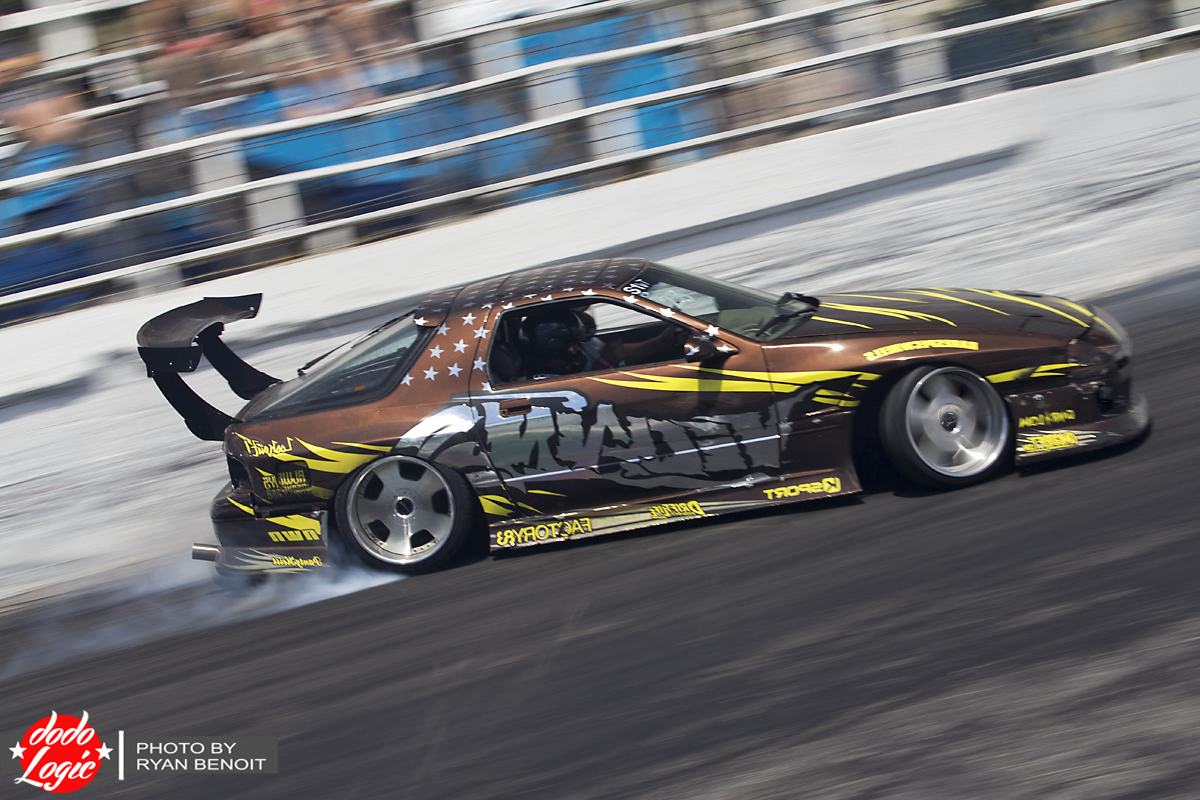
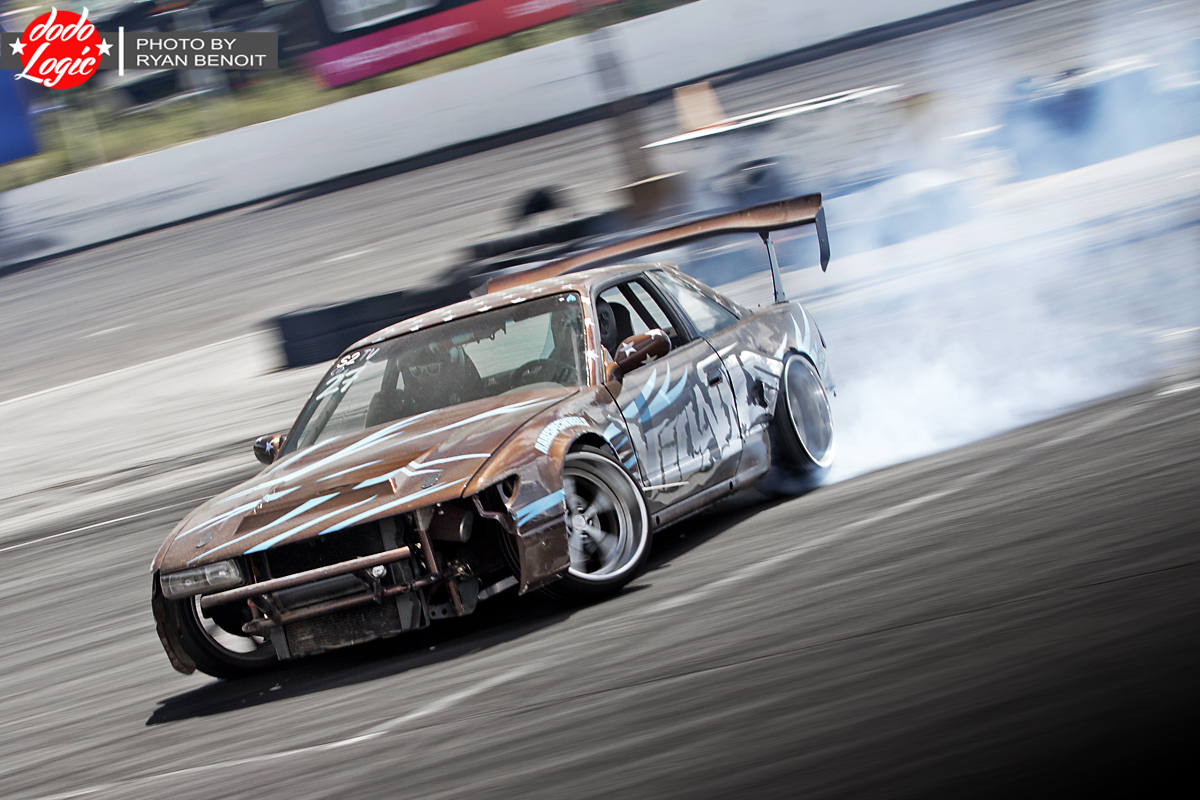
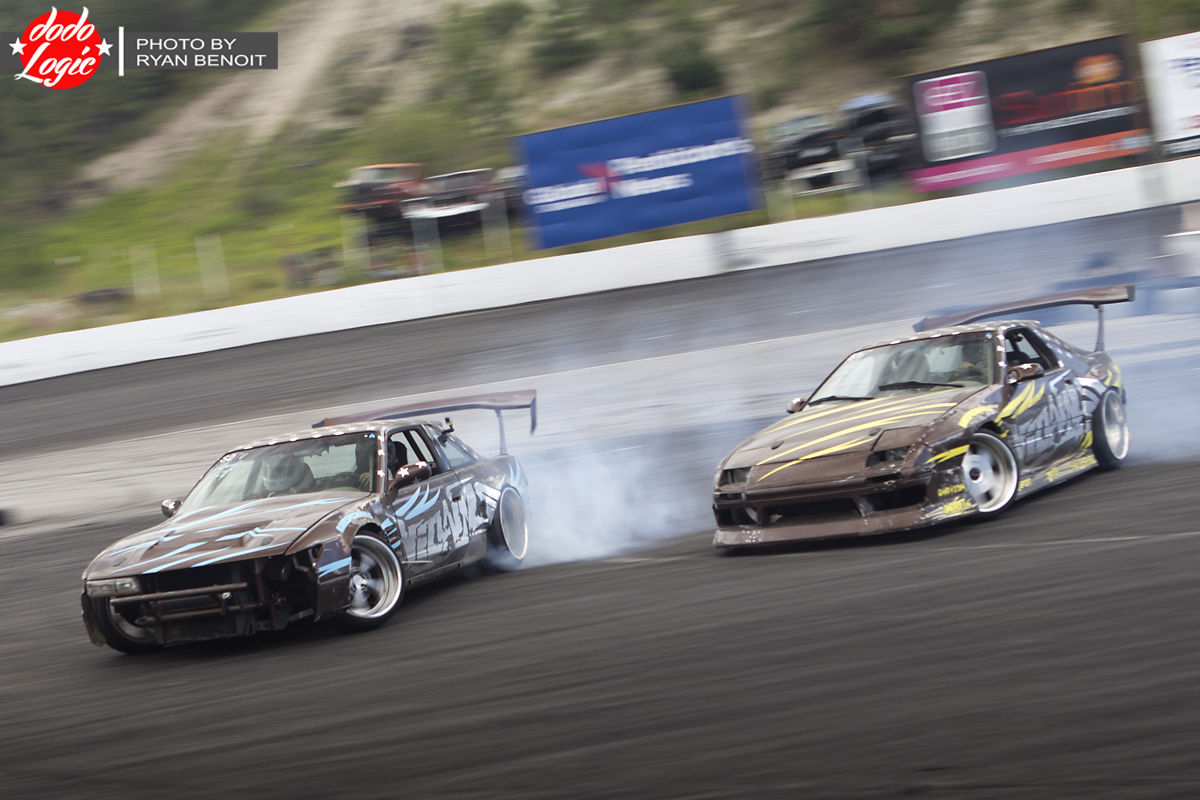
If you’re American and reading this, I probably just justified your thoughts on why you don’t care about drifting in Canada and haven’t answered any of your questions about what it’s like to live in an igloo. If you’re Canadian and reading this, you’re probably just finishing your last gulp of Tim Hortons coffee and are about to politely disagree with me. (If you’re reading this from another country, just insert your own stereotype and follow along.)
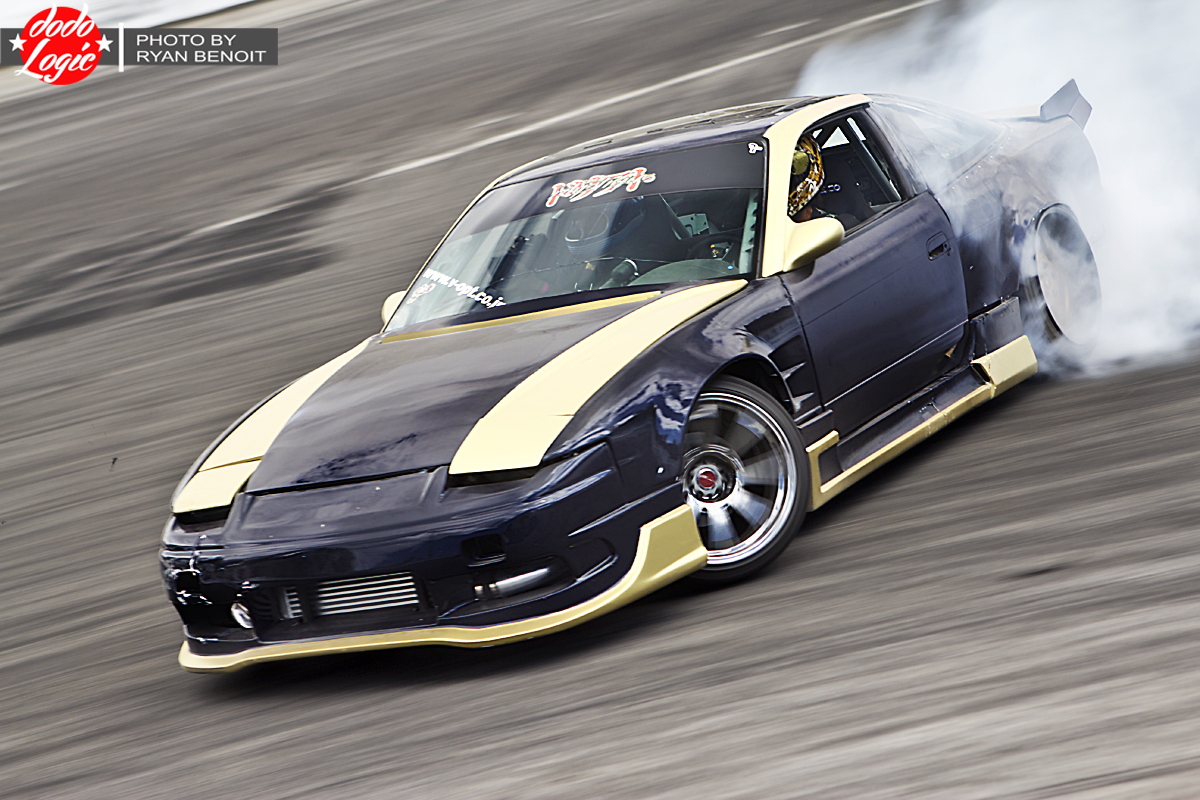
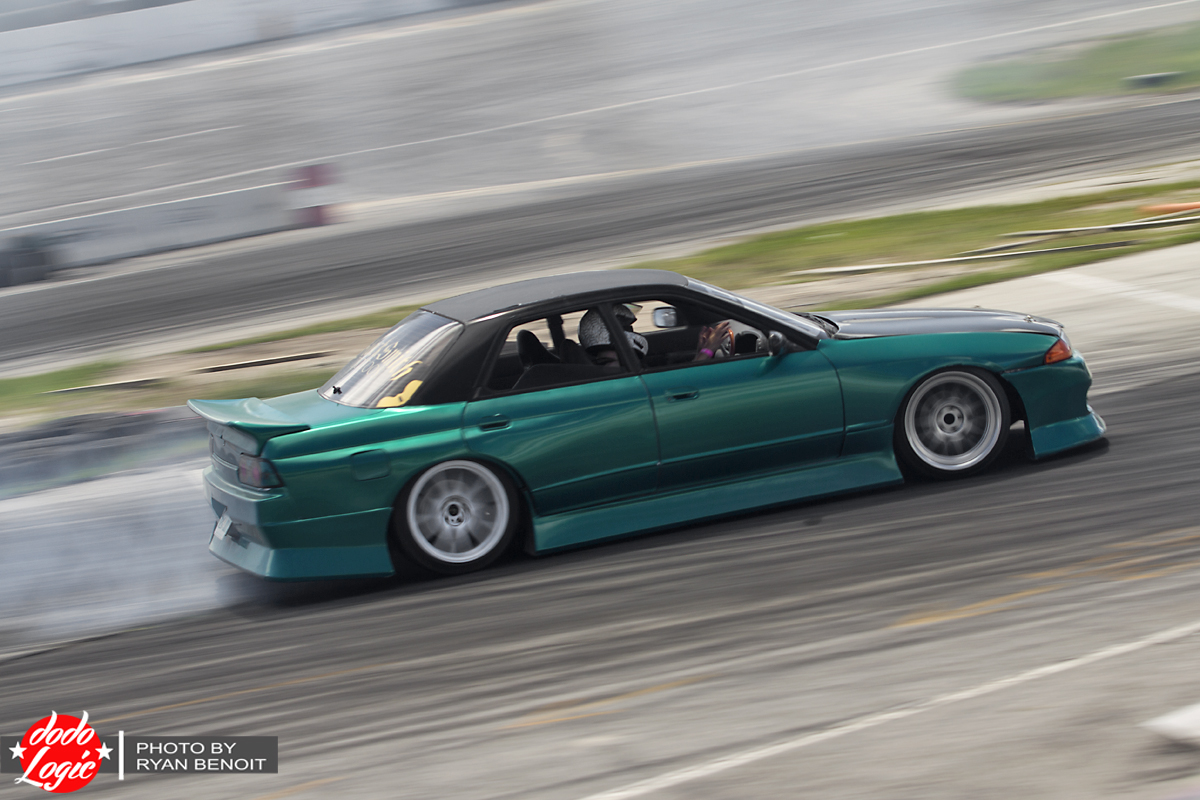 Canada just doesn’t have the same widespread affinity for motor racing that you’ll find in the good ol’ U.S. of A. Tracks are few and far between in Canada, and most decent ones won’t even entertain the idea of having some “young punks” practice their “motorsport” on the track. However, all this creates a stronger resolve – resulting in smaller groups of dedicated enthusiasts.
Canada just doesn’t have the same widespread affinity for motor racing that you’ll find in the good ol’ U.S. of A. Tracks are few and far between in Canada, and most decent ones won’t even entertain the idea of having some “young punks” practice their “motorsport” on the track. However, all this creates a stronger resolve – resulting in smaller groups of dedicated enthusiasts.
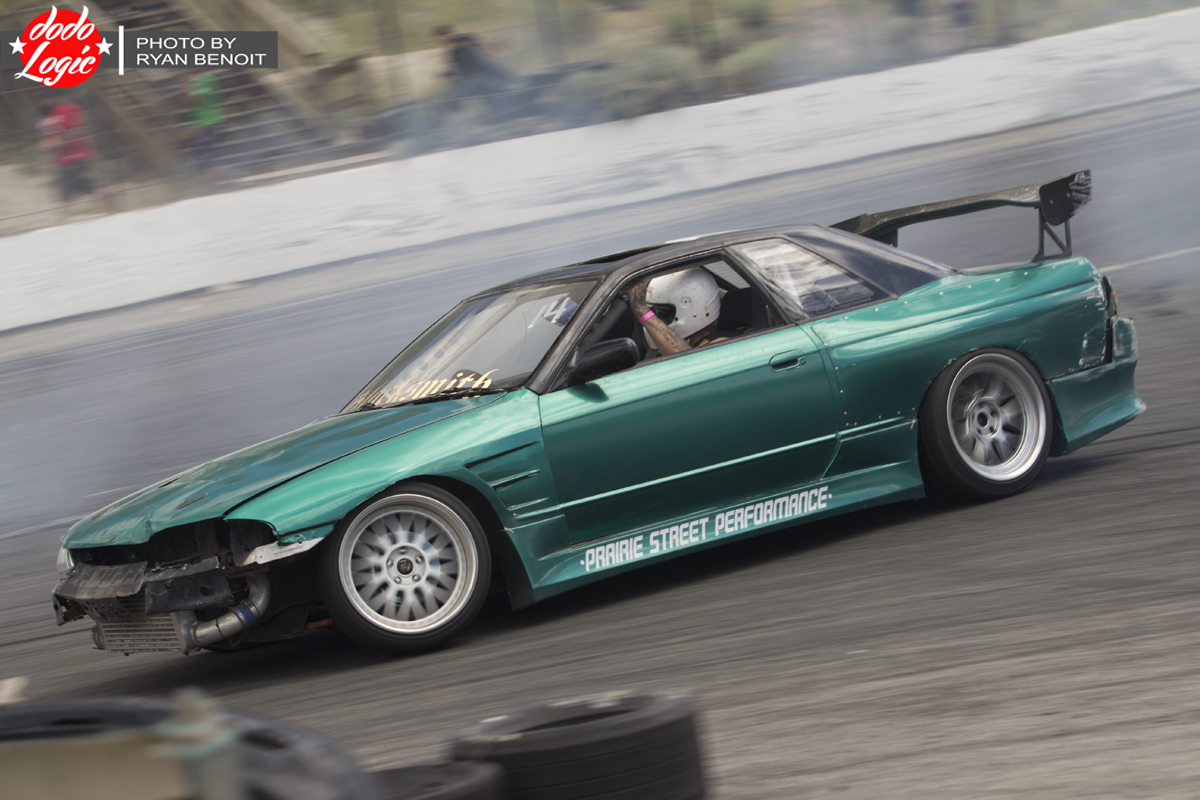
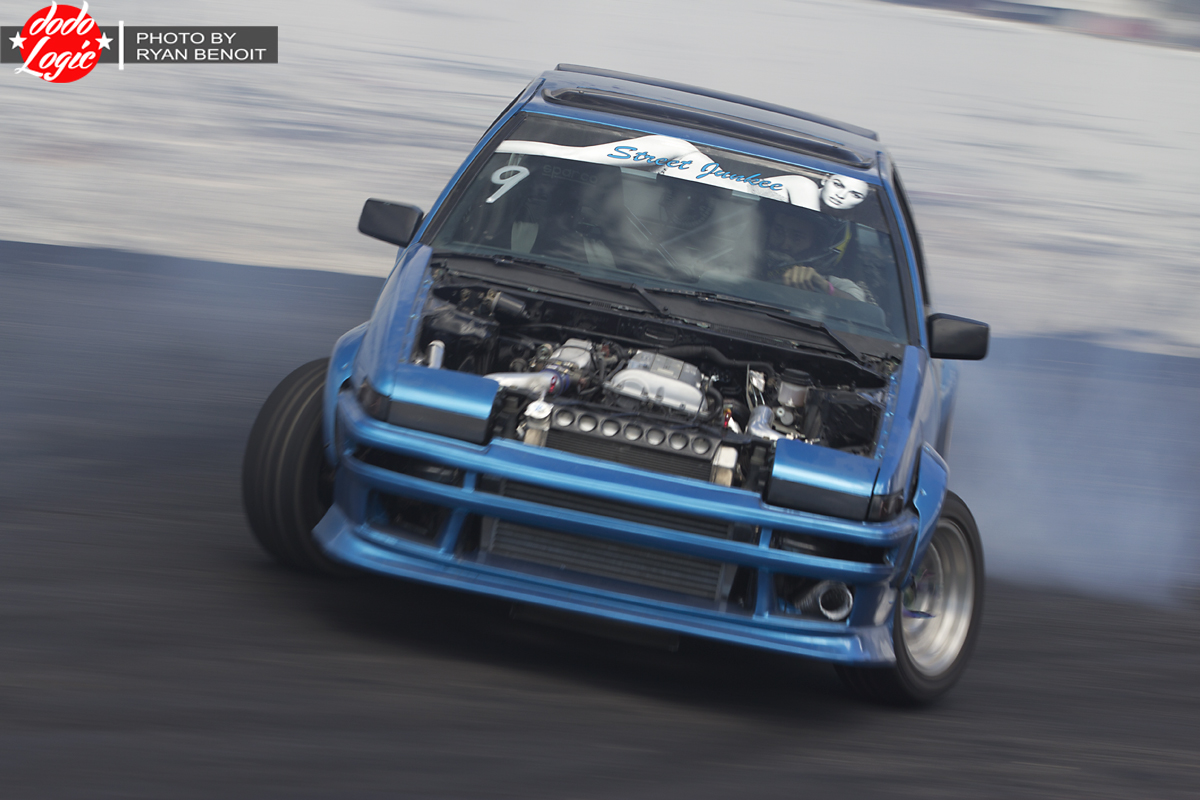
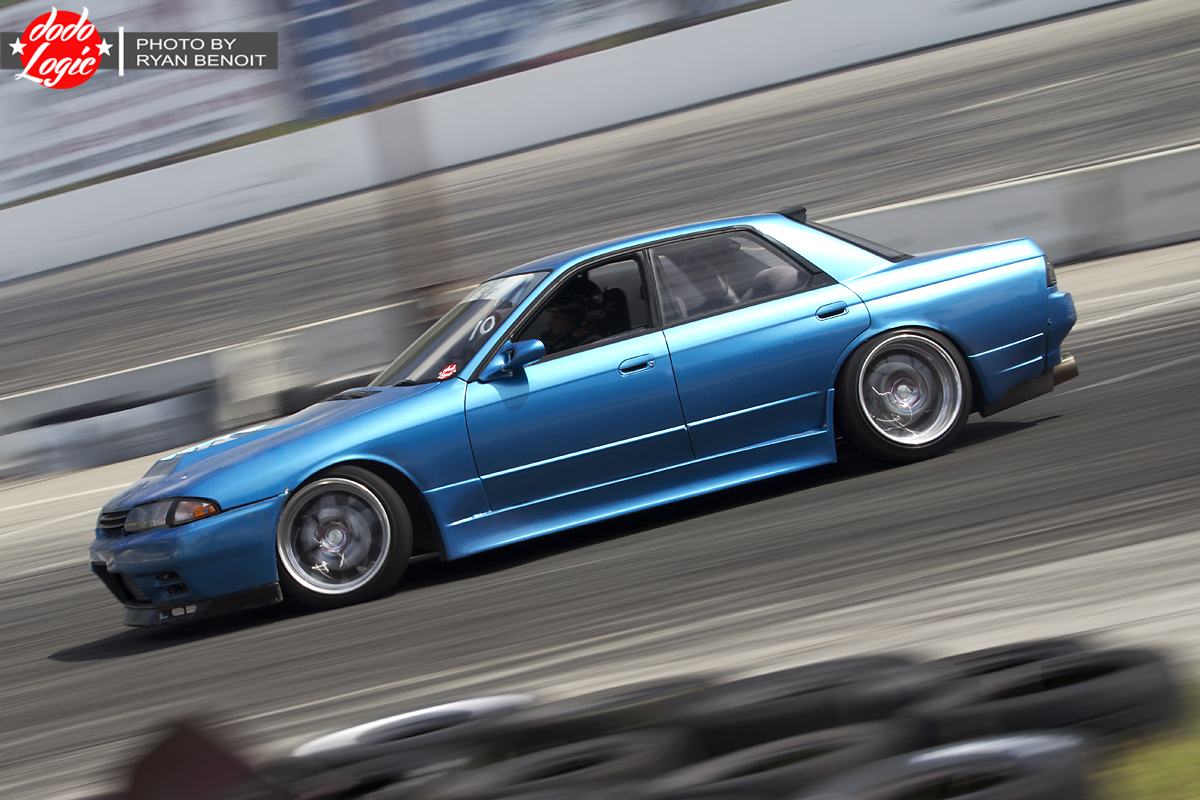
Take the Drift Union Invitational: Drivers and spectators drive hours just to attend this event; some even build their summer holidays around being at Penticton Speedway for DUI. Last year, I said this event was the one drift event you must attend in western Canada. I would go so far as to say it’s the one event you must attend in Canada, but I know very little of what happens east of Manitoba.
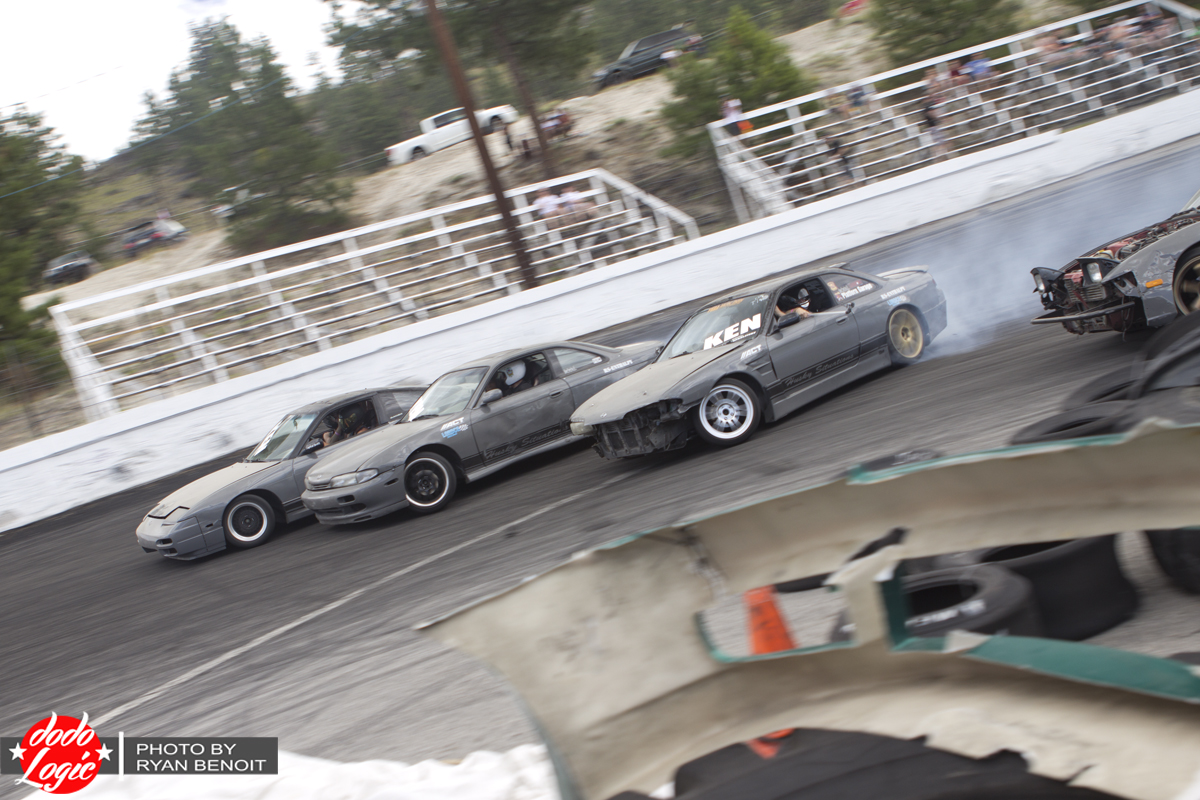
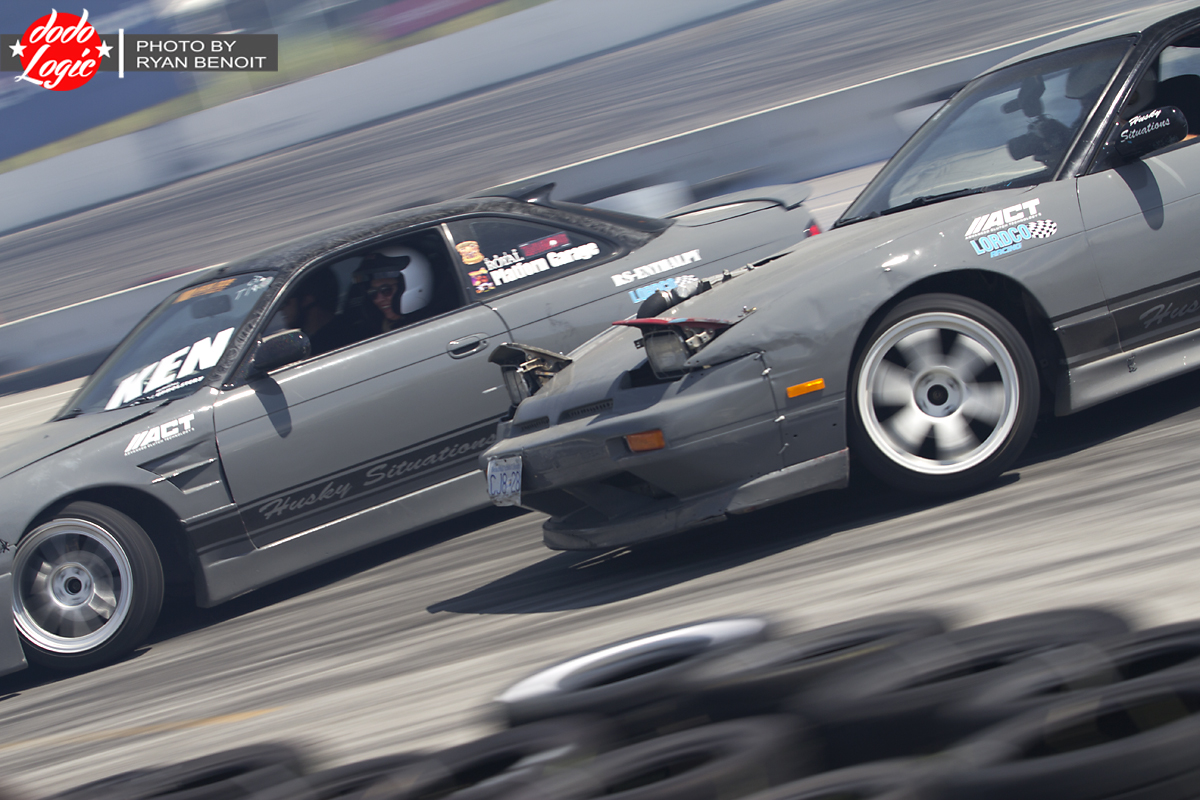
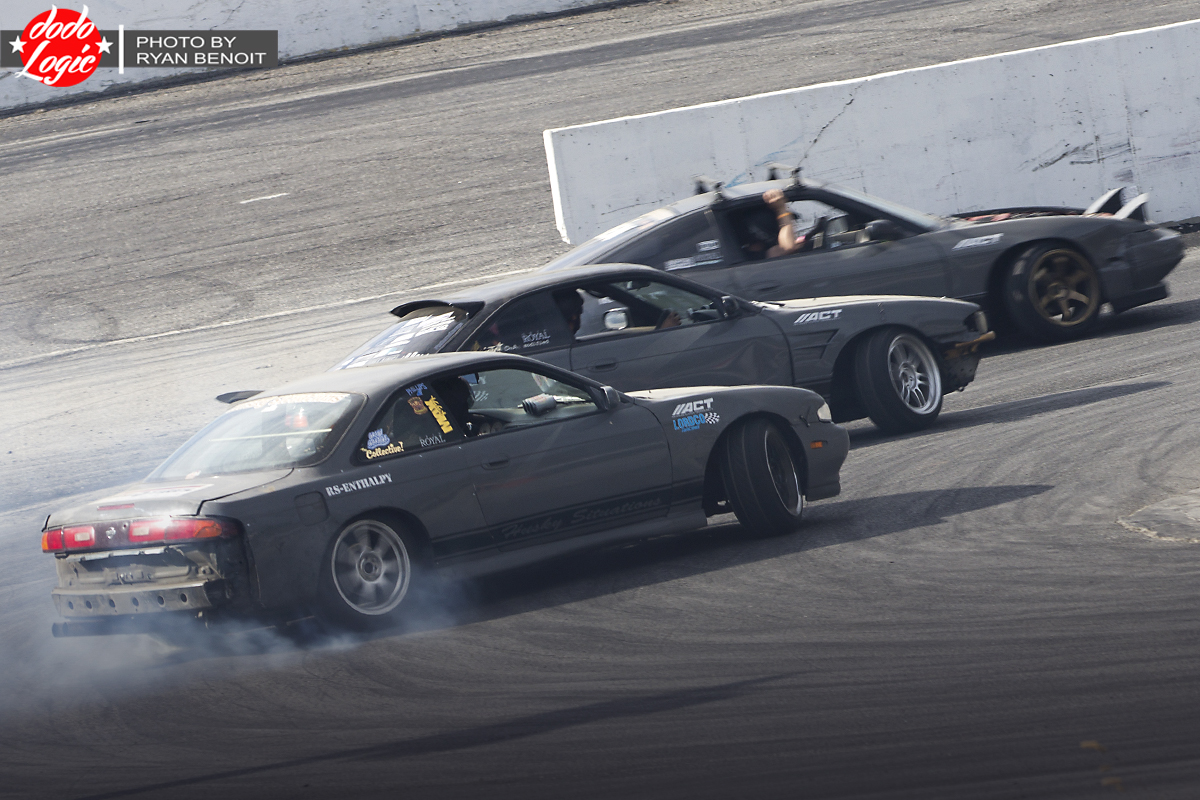 DUI is sort of like a grassroots “proving ground” for Canadians. It’s not about who wins, because at this point we all know it’s going to be Husky Situations. It’s about the driving. The event doesn’t subscribe to just one single doctrine of drifting.
DUI is sort of like a grassroots “proving ground” for Canadians. It’s not about who wins, because at this point we all know it’s going to be Husky Situations. It’s about the driving. The event doesn’t subscribe to just one single doctrine of drifting.
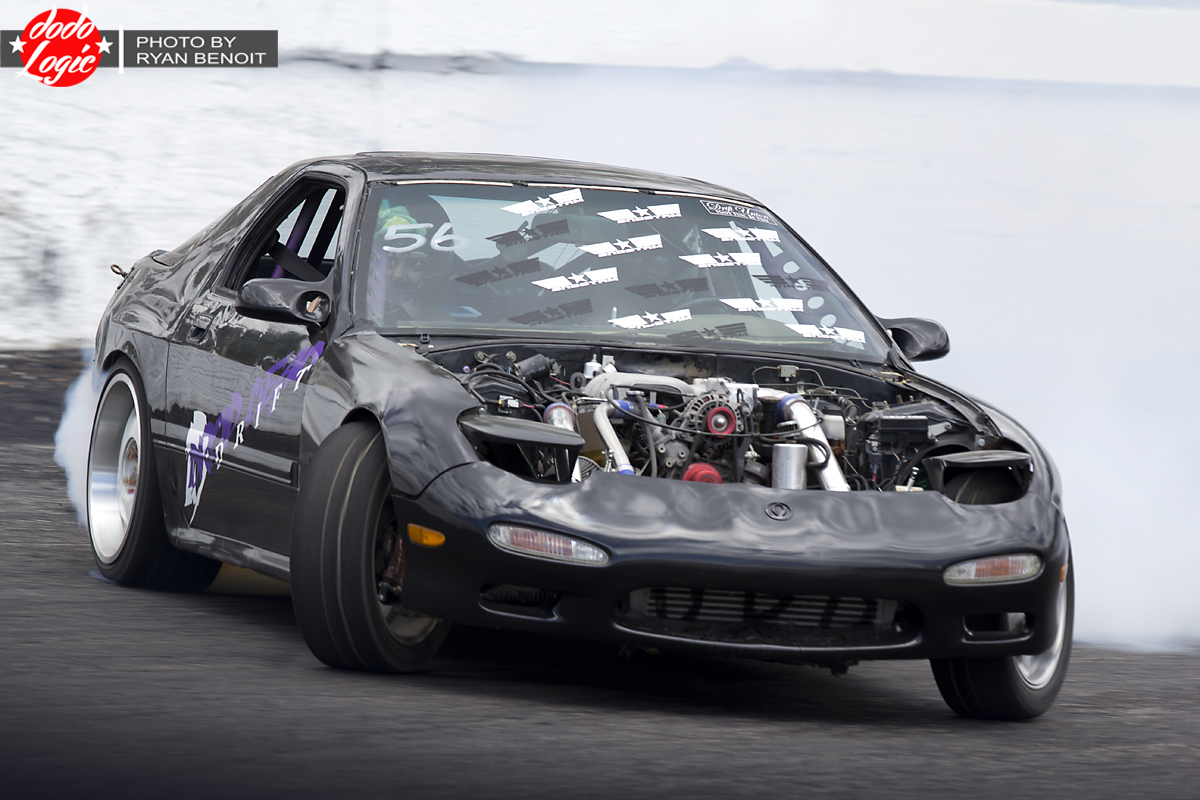
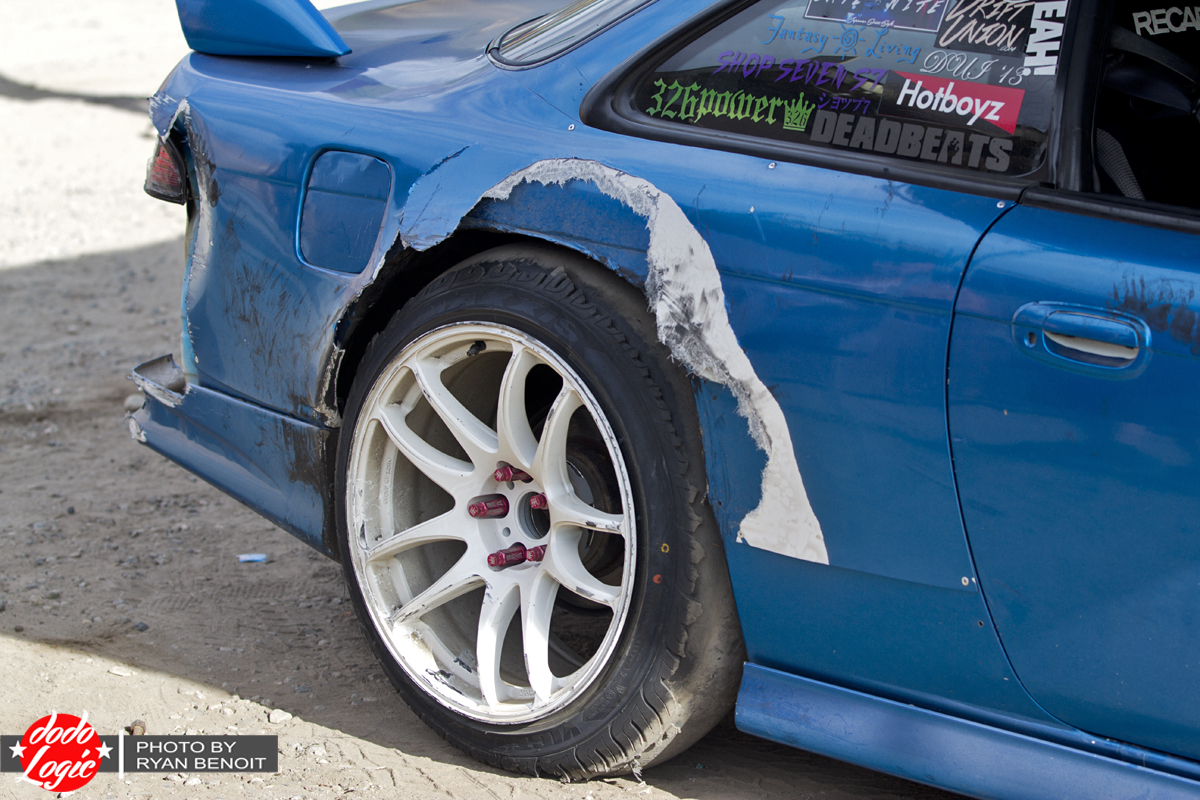
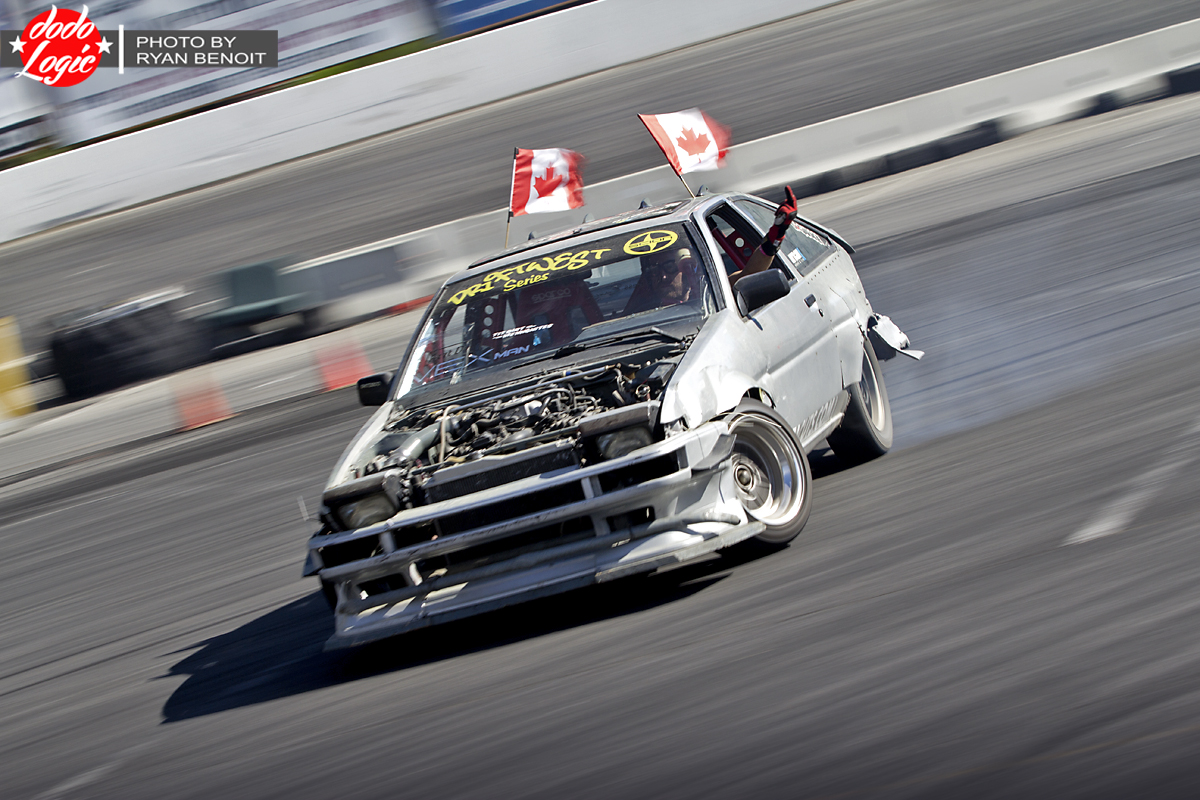
Nobody cares if you’re about style or just pure eye-violating function. What they do care about is how well you can drive. It’s essentially a melting pot of drift culture that usually ends with some smashed fibre glass, sun burns and ear-to-ear grins.
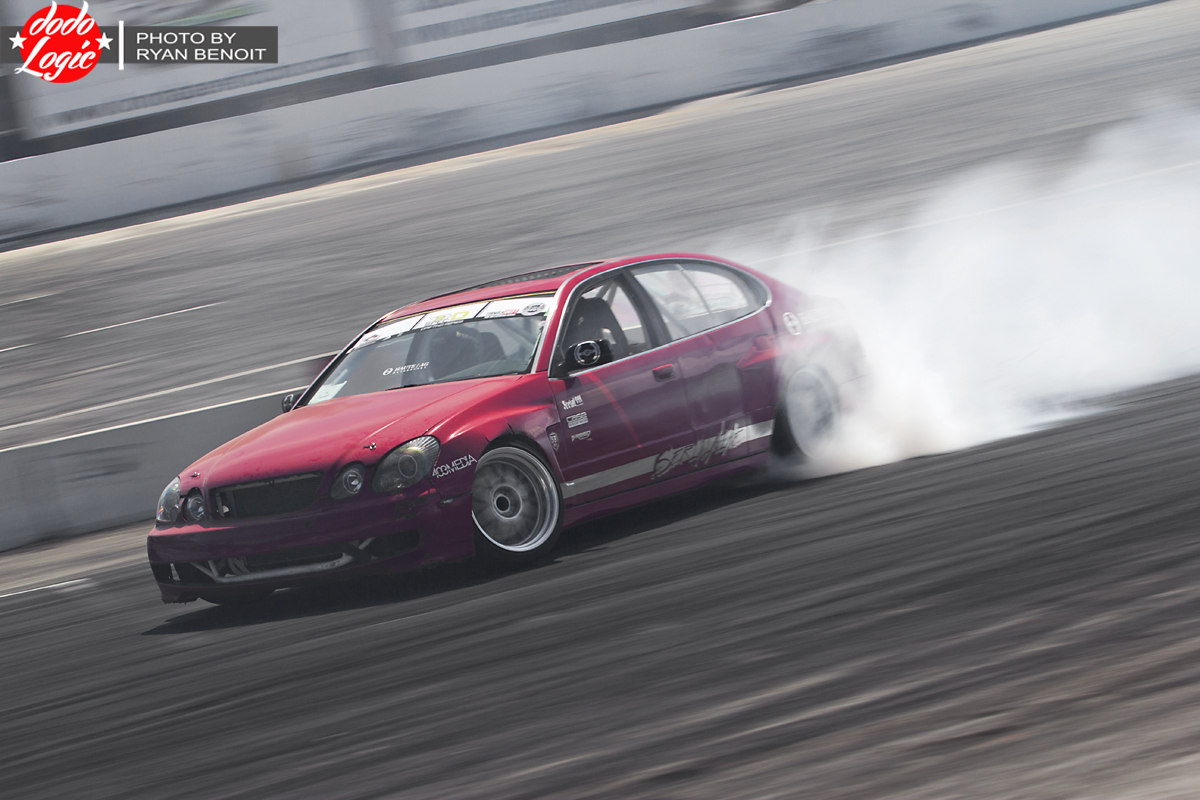
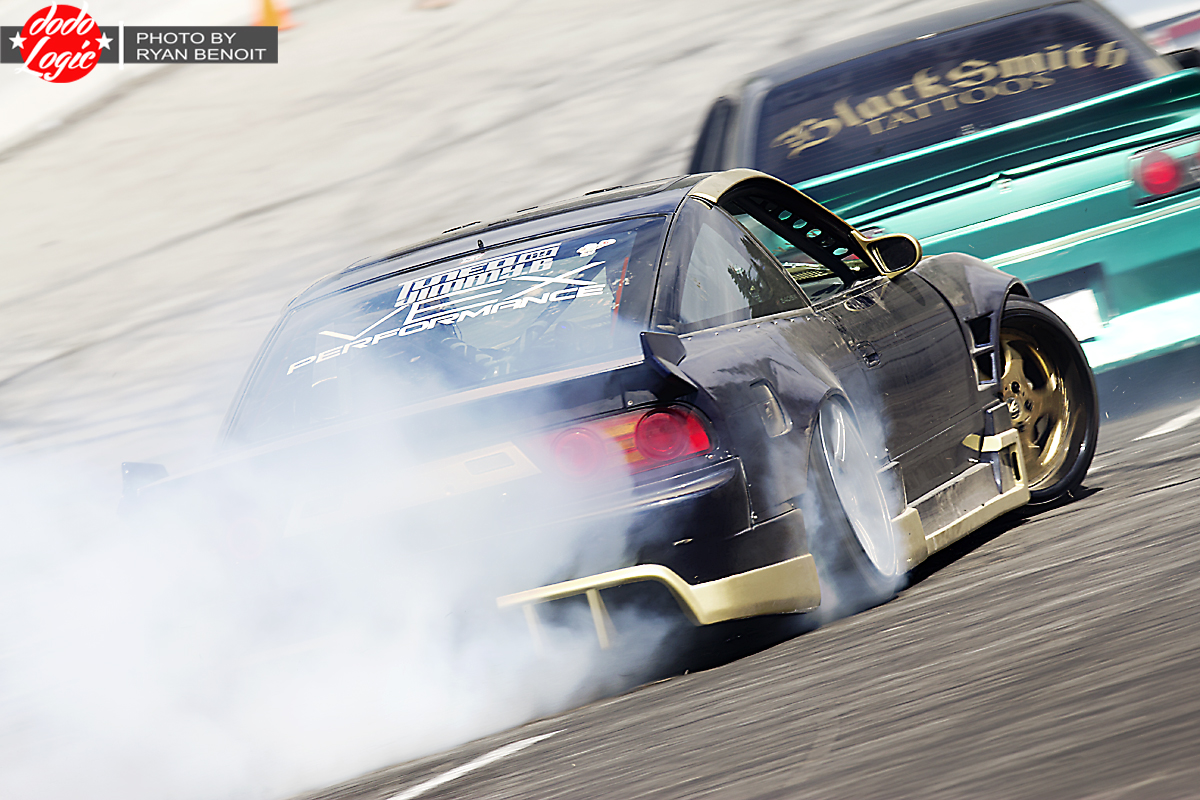 DUI is sort of all we got. I mean, there are no real inroads to higher level drifting in Canada. So, if a Canadian grassroots drift team ever plans to travel beyond our Canadian borders, they usually get their passport stamped at DUI before leaving. I say “usually,” as most of the teams, cars and drivers that are more familiar in western Canada have been to/regularly attend DUI. There are a few exceptions to this rule, but it mostly holds true.
DUI is sort of all we got. I mean, there are no real inroads to higher level drifting in Canada. So, if a Canadian grassroots drift team ever plans to travel beyond our Canadian borders, they usually get their passport stamped at DUI before leaving. I say “usually,” as most of the teams, cars and drivers that are more familiar in western Canada have been to/regularly attend DUI. There are a few exceptions to this rule, but it mostly holds true.
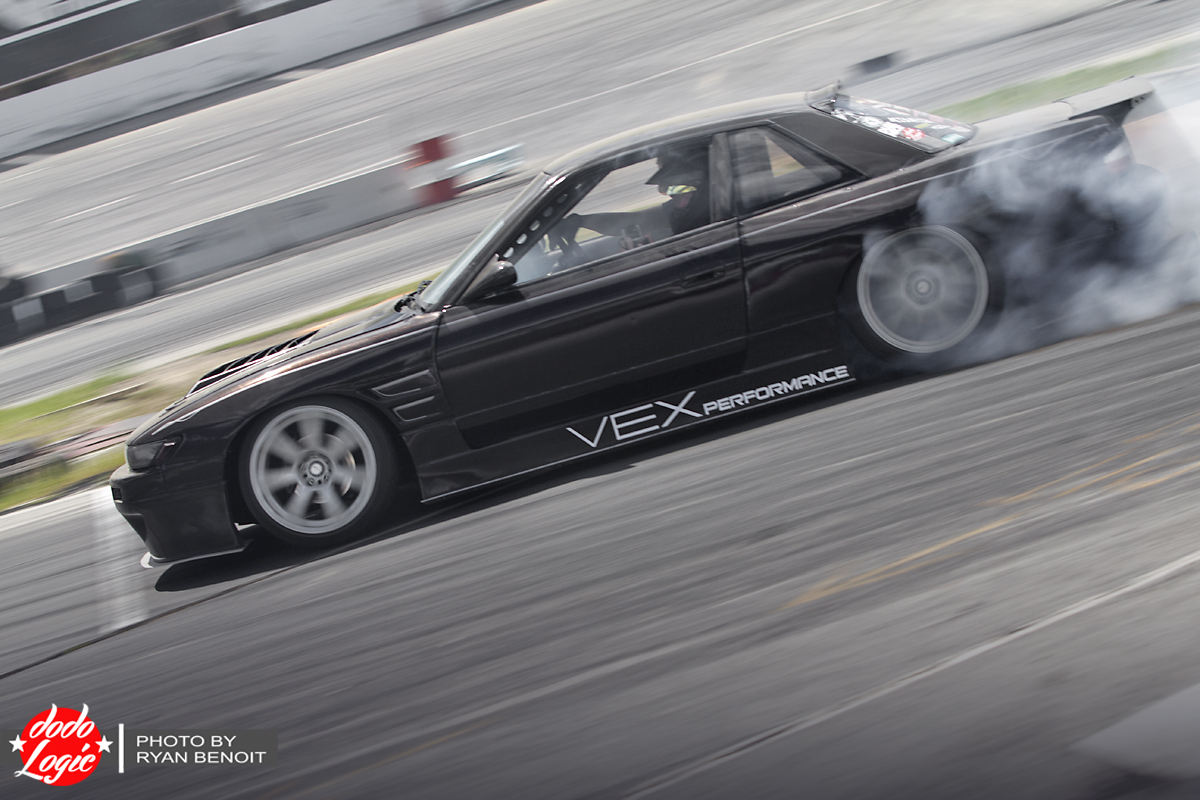
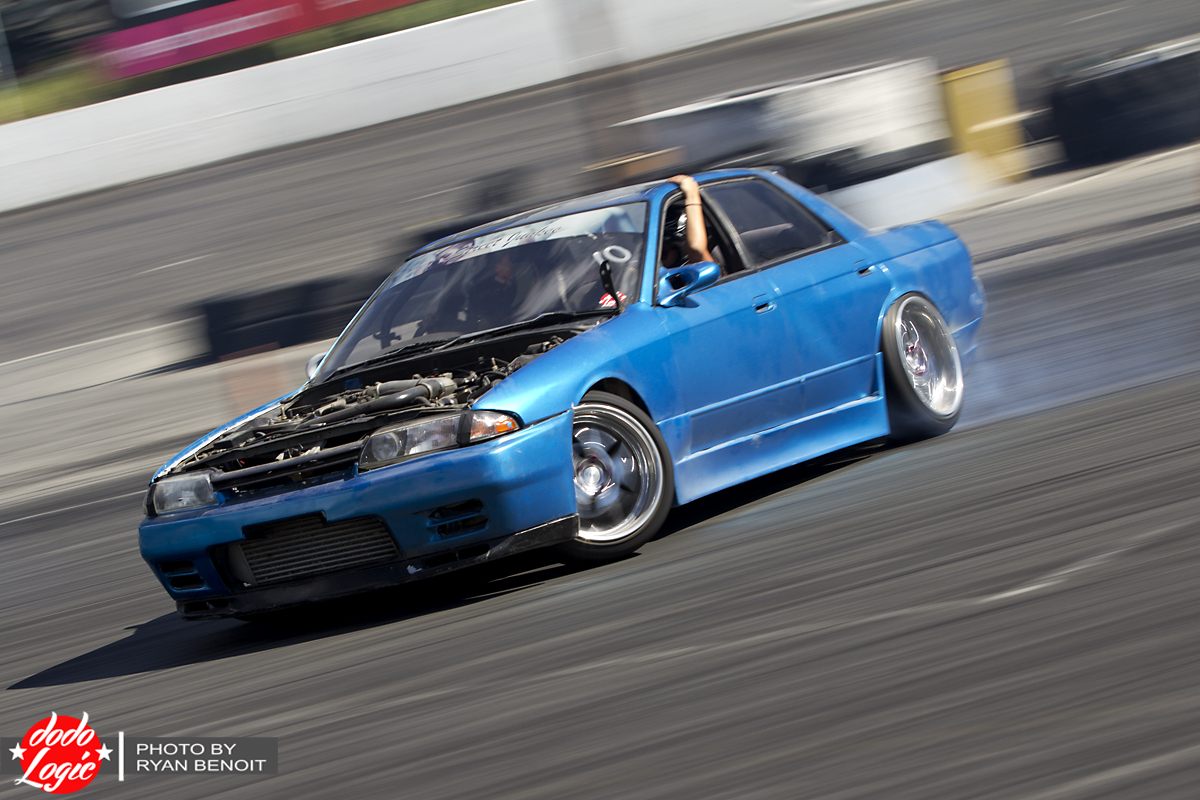
I’ll be honest, I take DUI for granted. I expect to see exactly what I see every year: Door-to-door mayhem. Shawn Browne does his best to keep the event interesting, both on and off the track, and comes through every year with a solid event. But if I had to choose my favourite part of this year’s event, it was a conversation I had with an American – Luke Wylie of Always Reckless, to be exact. This year was Luke’s first trip to DUI, as well as his first trip to Canada. After the second day of shooting, I asked him what he thought of the event. To paraphrase Luke’s answer, he said that DUI is a picture-perfect version of what grassroots drifting should look like. He had heard stories over the years that if you’re going to drive DUI, you had best know how handle yourself. And as the eight-car trains hit the track, it turned out those stories were true.
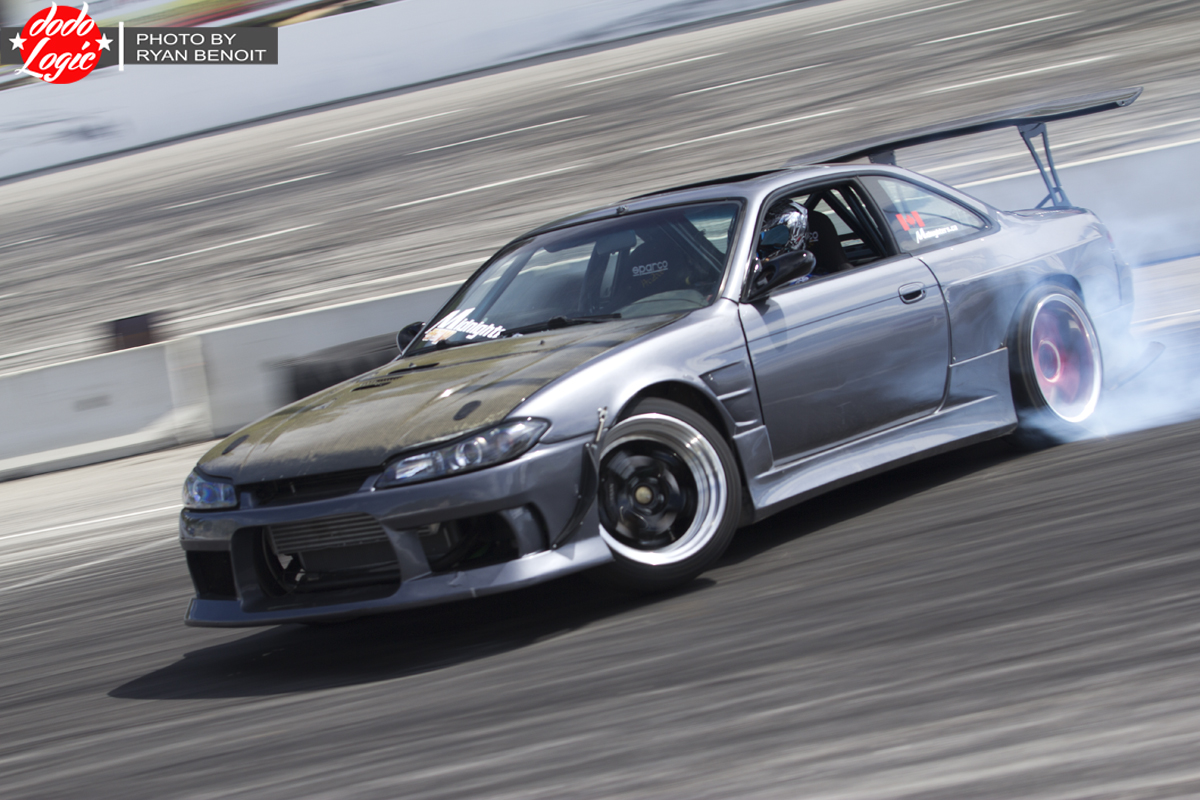
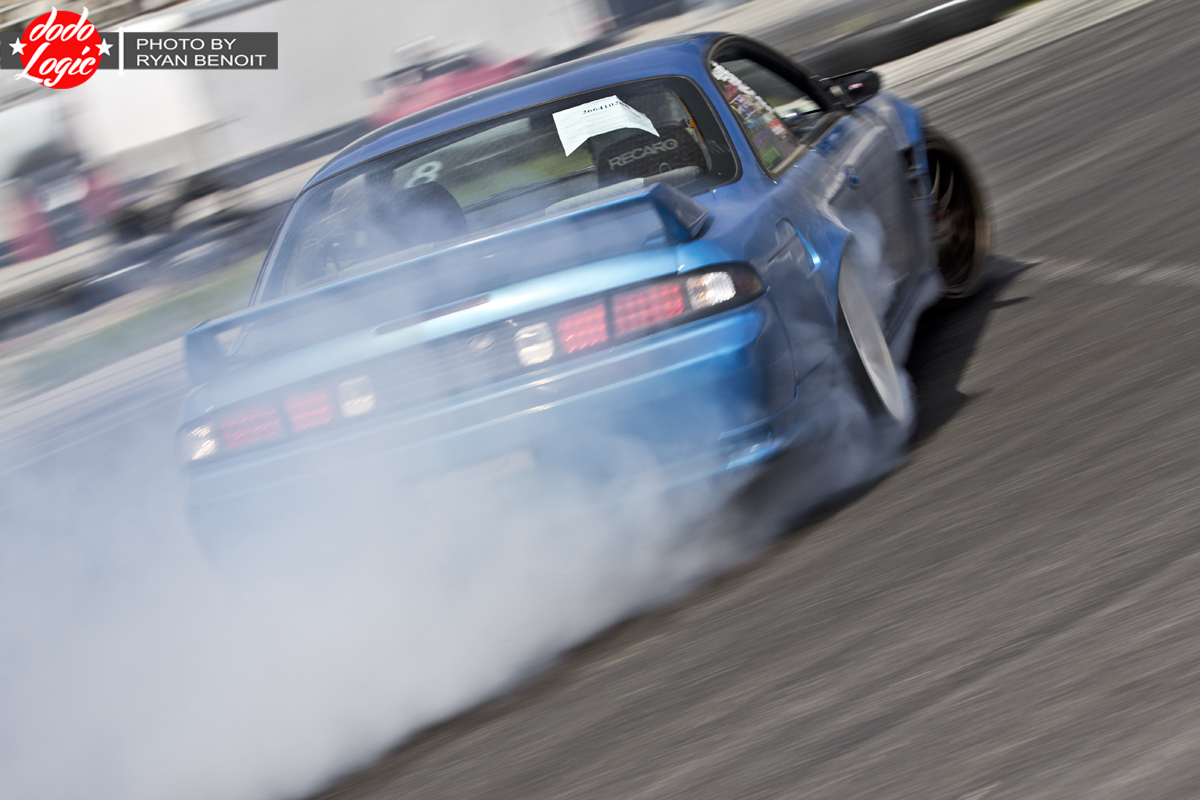 So maybe, just maybe, if one American feels that way, maybe more of our U.S. friends should start paying attention to what’s going on Canada as well…
So maybe, just maybe, if one American feels that way, maybe more of our U.S. friends should start paying attention to what’s going on Canada as well…
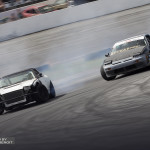
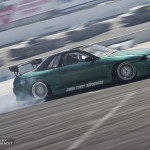
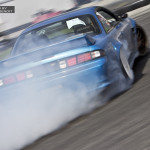

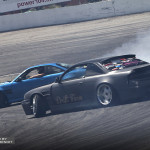
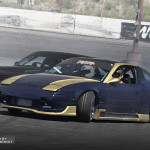
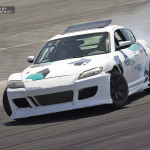
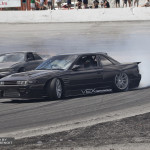
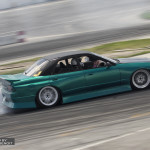
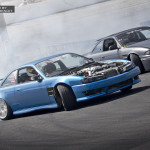
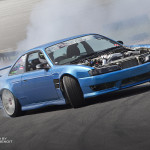
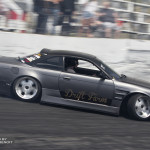
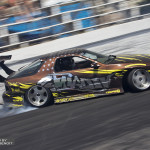
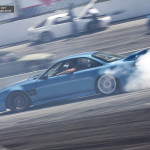
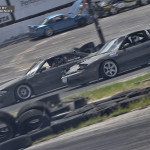
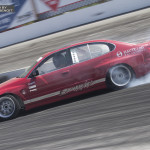
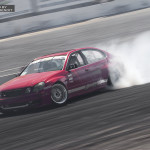
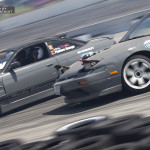
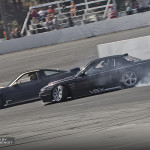
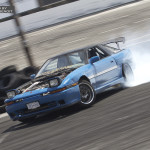
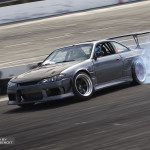
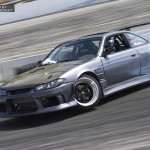
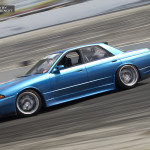
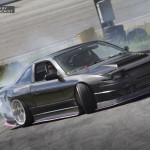
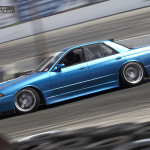
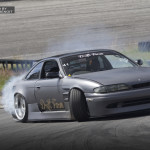

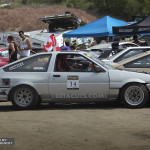

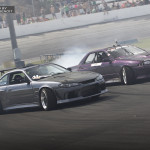
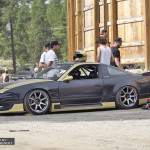
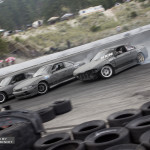
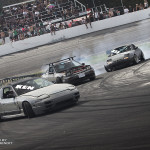
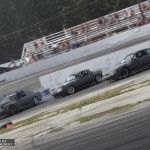
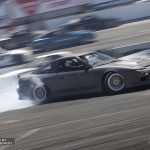
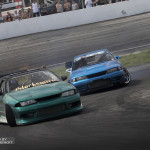
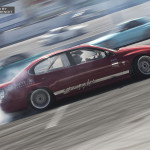
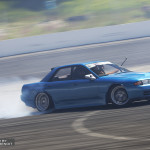
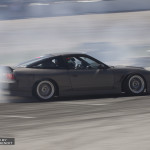
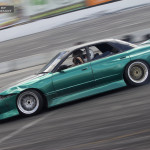
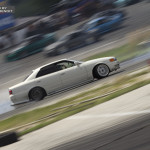
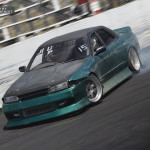
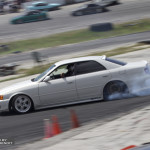
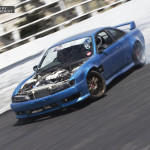
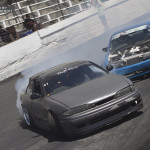
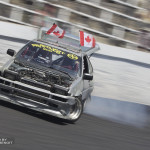
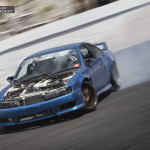
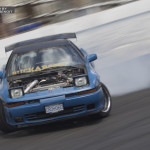
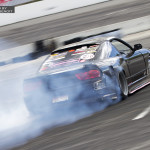
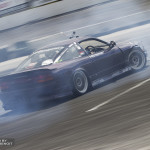
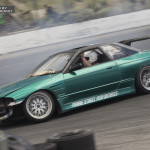
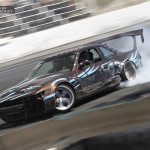
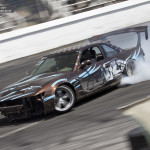
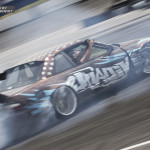
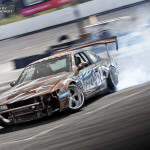
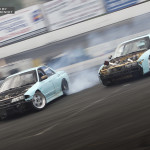
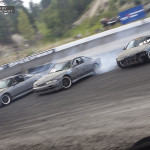
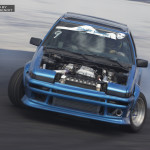
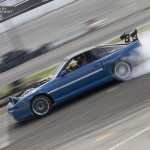
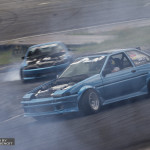
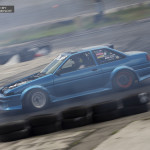
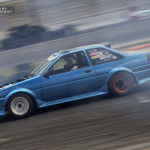
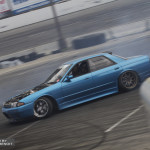
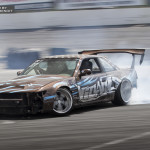
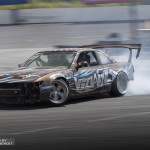
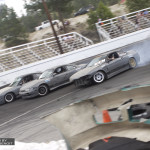
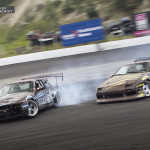
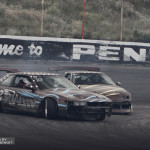
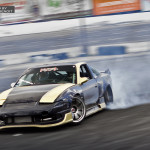
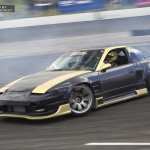
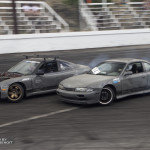
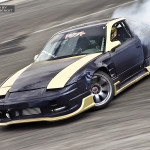
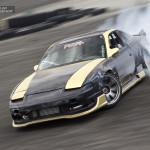
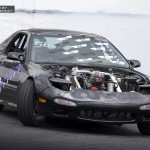
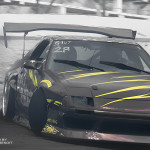
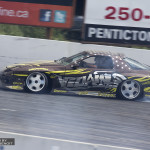
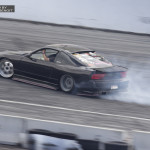
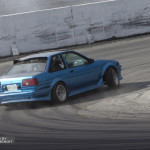
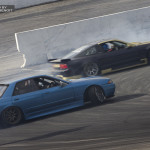
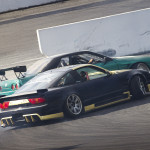
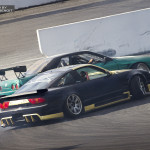
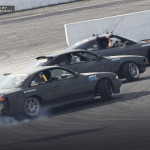
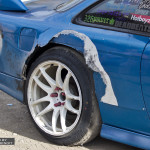
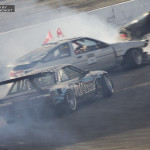
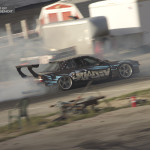
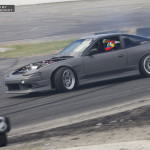
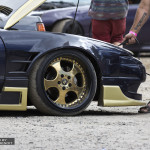
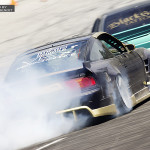
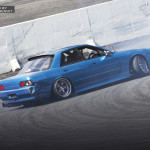
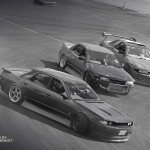
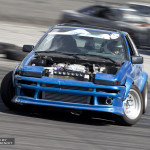
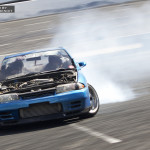
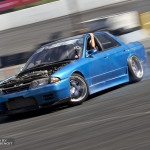
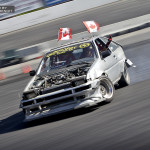
A genuinely great piece of writing man, well put together. Truth be told I am still kind of in awe; did that actually happen to us? Were we really a part of the best damn drifting event ever?
Regardless, I continue to be inspired by your writing. There is much to be said for ‘event coverage’ write-ups, but we drift because of how it makes us feel. Your writing not only captures that, but makes us reconsider our own experiences.